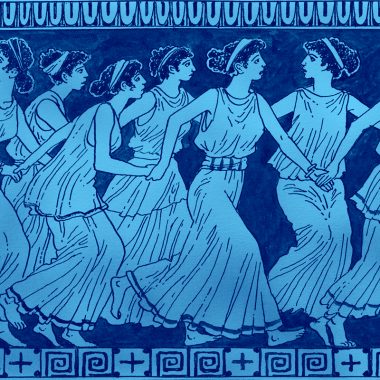Piblings & Niblings: Do You Know These Words For Aunts, Uncles, Nieces, & Nephews?
by Min Straussman For many of us, our parents’ siblings are a big part of our life—from providing love and support to, let’s be honest, spoiling us. National Aunts and Uncles Day on July 26 is a time to honor and show our appreciation for these family members (and not just because they let us do the stuff our parents wouldn’t). But, perhaps because they’re …











